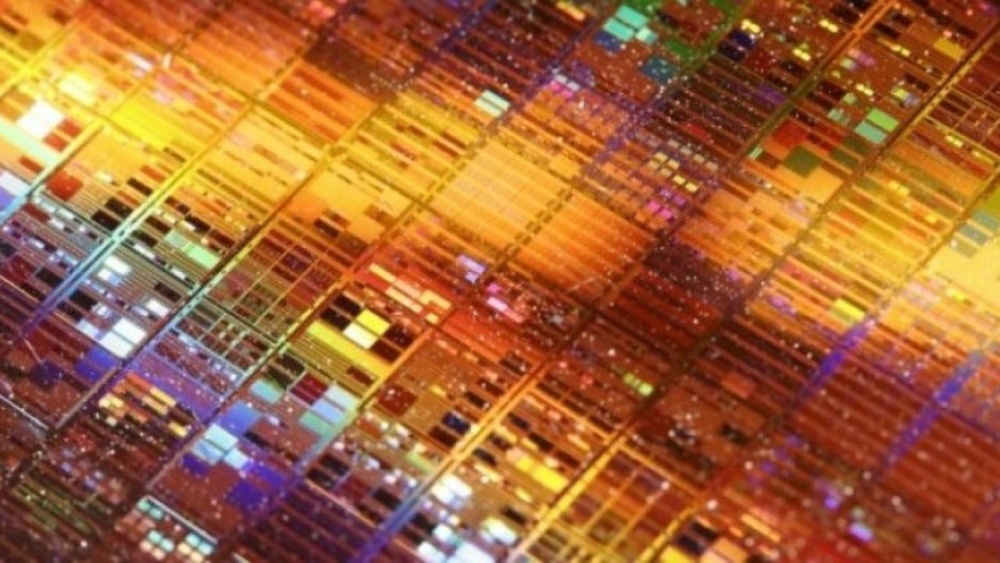According to a rumor from Digitimes, the TSMC 3nm is reportedly suffering from bad yields even as the company defiantly declares that its mass production will begin in Q2 2022.
AMD is one of the biggest customers as far as TSMC is concerned and is also considered the most loyal one. However, Intel has its own foundry and is challenging TSMC currently. NVIDIA has been with Samsung in the past but will return to TSMC for its 5nm GPUs after having paid billions to secure allocation in a foundry ecosystem that is basically running at a 100%.
Keeping above mentioned facts in mind, TSMC remains the most important pure-play foundry in the world. The company has already introduced a version of the 3nm process called the N3E, which will be a lighter, lower-power version of the full-fledged N3.
As Intel will be launching the Intel 4 process in Q2 0222, the delay can put it back on the map as a leading-edge foundry and open doors to offer its foundry services to other customers. The decline of the geopolitical environment with regards to Taiwan and Intel receiving billions of dollars of subsidies under the CHIPS Act could be an opportunity for the blue-chip maker, served on a silver platter.
The nomenclature for Intel’s process is simply Intel 7 to Intel 4 in Q2 2022, it is going to be a significant node jump for Intel. Intel 7 is the former Intel 10nm process while Intel 4 is the original 7nm process. Intel is reportedly investing heavily in high-NA lithography from ASML and is expected to show a comeback in the coming years.
If the above rumor about TSMC proves to be true then AMD and NVIDIA will be forced to switch to N4 (4nm process). This can allow Intel to get its hold back in the market share from AMD and could even dent NVIDIA’s GPU market. This implies only if Intel does not stumble again as it did with the original 10nm process. As it caused Intel to lag behind TSMC previously.
Via DigiTimes



